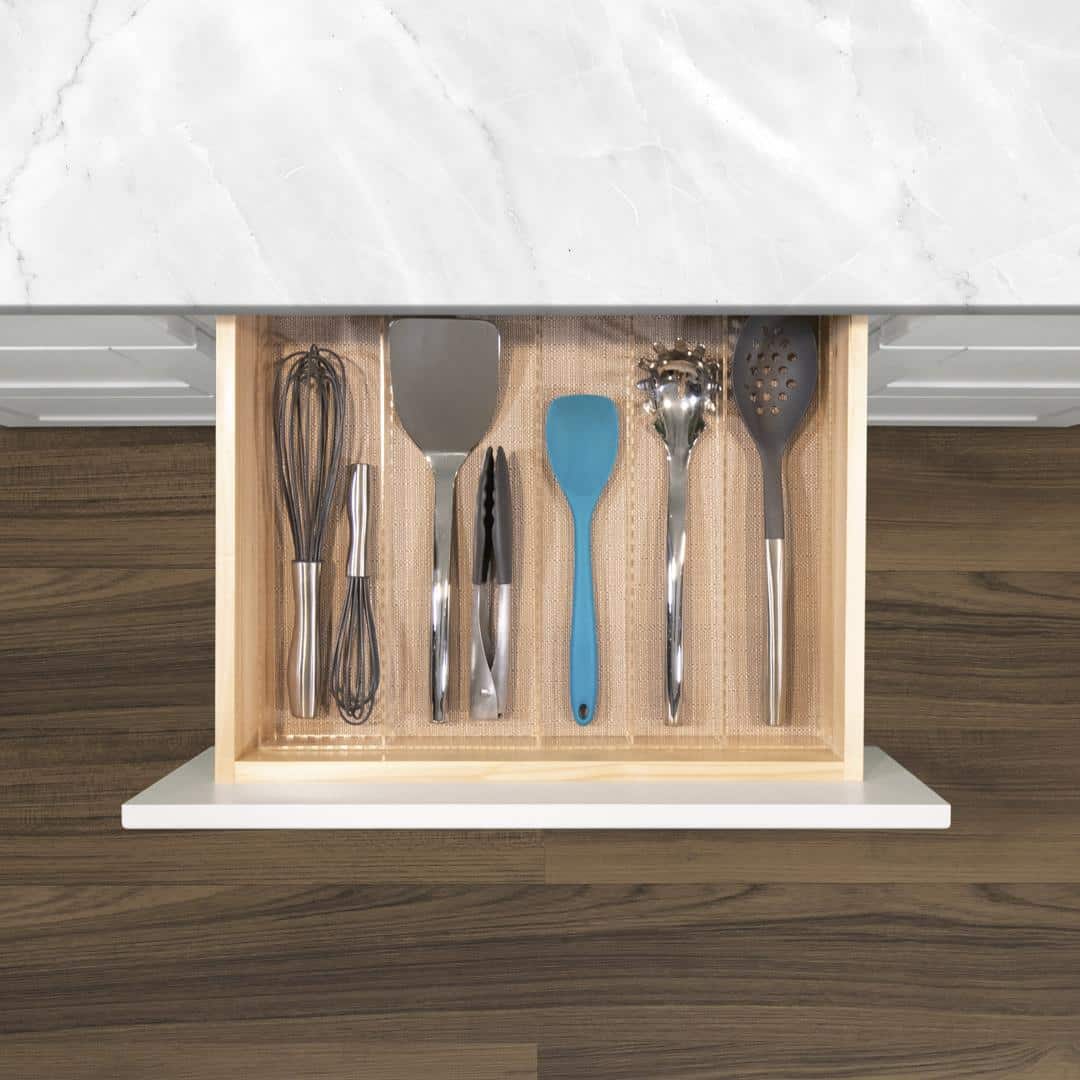Soundproofing may transform a closet into a recording studio or even a hidden theatre area. If you hire specialists to soundproof your closet, it can be very expensive, but there are many things you can do yourself for very little money that will greatly limit the amount of sound that escapes.
A closet is an important part of your home. It provides much-needed storage for clothing, accessories, and various other stuff, but it can be much more than that, especially if it’s a large walk-in closet.
It may be a private dressing area where you can show off your outfit on your own catwalk. It can be a personal haven, a place where you can unwind, rest, and take a break. If you sing or play an instrument, a closet can double as a recording studio or simply a space to rehearse without being interrupted.
Table of Contents
Benefits Of Soundproofing Your Closet
The essential principles of soundproofing a closet remain the same regardless of your motivations for doing so. The priority is usually to isolate the room from any incoming noise. Then, to keep family and neighbors from being bothered by any noises generated inside the room.
However, if this is only a temporary solution and your closet is already filled, you may simply hang soundproof blankets to make it even quieter while you need it. The majority of items found in a closet are excellent soundproofing materials.
Regardless of your reasons for soundproofing a closet, the fundamental principles remain the same. Isolating the room from any incoming noise is usually the first goal.
Then, keep any noises made inside the room from bothering family and neighbors. If this is merely a temporary solution and your closet is already full, soundproof blankets can be hung to make it even quieter while you’re away. The bulk of goods available in a closet can be used to soundproof it.
Steps To Soundproof A Closet
If you’re considering using your closet for more than simply storage, there’s a good chance that noise is preventing you from doing so.
If outside noise or noise from other rooms in your house fills your closet, it’s unlikely to provide the relaxing ambiance you’re looking for. If you’re considering using it as a temporary music studio, you might be concerned that your performances would annoy those who use the spaces next to your closet.
1) Check For Gaps And Cracks
Sound finds its way through holes and openings all the time. As a result, you should check your closet for cracks in the walls, ceiling, and flooring. Weather stripping or acoustic sealant should be used to fill any cracks or holes in your closet wall or door.
Make sure it’s an acoustic sealant, as regular sealants might fracture and shrink, enabling sound to pass through. Once you’ve sealed these gaps, your closet will be far more effective in preventing unwanted noise from entering or exiting.
2) Seal The Extra Doors
Even if you have made an effort to seal off the gaps and crevices, a lot of undesirable sounds might come right in through the closet door. Light or hollow materials are used to make many closet doors. As a result, they’re one of the biggest sources of sound leakage into and out of your closet.
To deal with this, place a moving blanket in front of the door, either on the outside or inside, to block out undesirable noises. Moving blankets are thick enough to absorb a significant amount of sound in both directions. With a soundproof closet door, you may confidently make noise or enjoy peace in your closet.
3) Place The Thick Fabrics On The Shelves
Natural shelves abound in closets. You may want to remove the shelving depending on what you want to do with your closet, but this isn’t always a good idea when it comes to soundproofing.
Filling all the shelves with heavy materials is an easy approach to help soundproof your closet. This will make a significant difference if you have enough to cover the walls from floor to ceiling.
4) Install Acoustic Foam Panels
Acoustic foam panels are useful for preventing sound from escaping from your closet.
This material dissipates and reduces the amplitude of soundwaves, preventing sound from traveling through the surface it’s applied to; it also helps to reduce the amount of noise that travels into the space, as well as to improve the sound quality within the room, which is why it’s commonly used in recording studios and movie theatres.
Various sizes and colors of acoustic foam panels are available. Measure the place where you want to hang it and cut the material as needed to hang it in your closet.
5) Add Carpets And Rugs
If your closet’s floor is made of wood, tile, laminate, or another hard material, consider using rugs or carpets to cover it. Because sound waves quickly bounce off and spread through hard objects, a rug or carpet on the floor can reduce sound transmission and echo. Use thick carpeting or rugs for the best effects.
The soundwaves will be absorbed more if the surface is denser. Install soundproof underlayment to get the best effects. This underlayment layer, which comes in a range of materials like cork, foam, felt, and rubber, is meant to absorb and deflect soundwaves.
Conclusion
If you’re looking to soundproof your closet, the techniques mentioned above will certainly help to reduce the noise that travels in and out of the space.
Whether you’re looking to create a space where you can enjoy sorting through your wardrobe, or you want to create a peaceful sanctuary just for you, or you plan on turning the room into a place where you can practice music. Whatever the case, the techniques mentioned above will certainly help reduce the noise that travels in and out of a closet.





